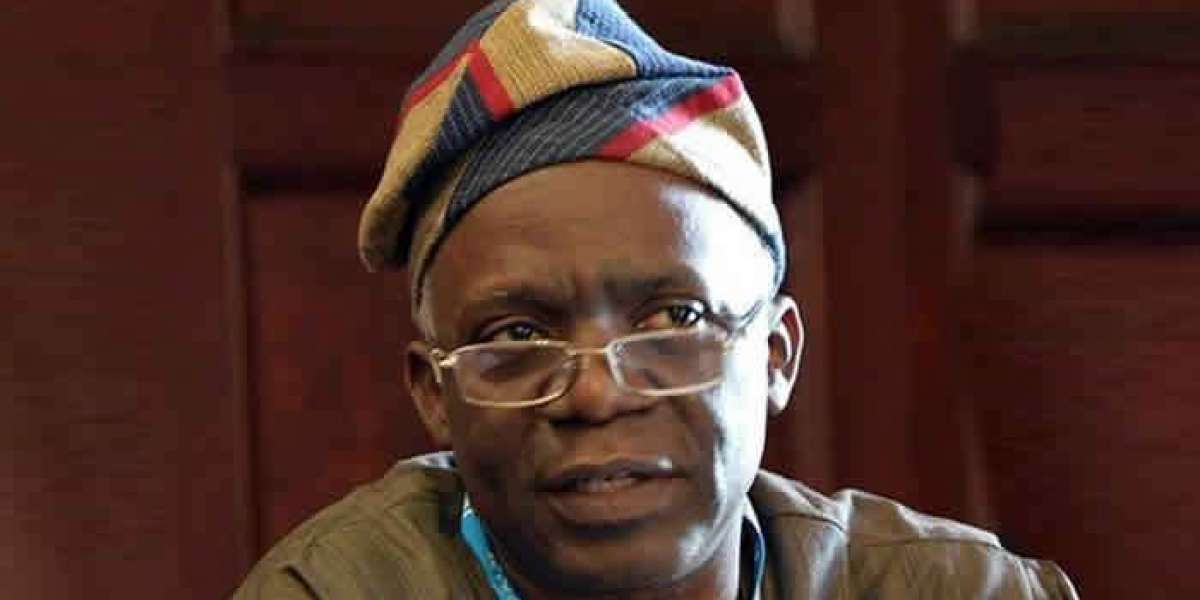A proposed bill seeking to make voting mandatory in Nigeria, complete with penalties for non-compliance, has drawn sharp criticism from Senior Advocate of Nigeria, Femi Falana. He argues that the bill is a direct violation of citizens’ fundamental constitutional rights.
The bill, sponsored by the Speaker of the House of Representatives, Tajudeen Abbas, aims to address low voter turnout and promote civic responsibility by transforming voting from a personal choice into a legal obligation. It proposes a six-month jail term or a fine of N100,000 for eligible voters who fail to participate in elections.
However, Falana, in a statement issued on Monday, asserted that the proposal directly contradicts several provisions of the 1999 Constitution. "I doubt that the speaker and his colleagues paid sufficient attention to the relevant provisions of the 1999 Constitution," Falana stated. "Otherwise, they would have realised that compulsory voting is constitutionally invalid in every material particular on the ground that it is inconsistent with sections 37, 38, 77(2), 135(5), and 178(5) of the constitution.”
According to the human rights lawyer, these constitutional provisions safeguard the rights of Nigerians to privacy, freedom of thought and conscience, as well as the right to register and vote voluntarily in national and state elections.
Falana buttressed his argument by citing powerful judicial precedents. He referenced the Supreme Court’s landmark decision in Medical and Dental Practitioners Disciplinary Tribunal v Okonkwo (2001) 7 NWLR (Pt 711) 206. In that case, the Supreme Court upheld the right of a patient to refuse a blood transfusion based on religious beliefs, even when it led to her death.
He recalled, “In that case, a patient, Mrs Martha Okorie, and her husband belonged to a religious sect known as Jehovah’s Witnesses, who believe that blood transfusion is contrary to God’s injunction. On account of the rejection of blood transfusion, the patient lost her life. Dr Okonkwo, who treated the patient, was convicted… but the Supreme Court set aside the conviction on the ground that the doctor was right in respecting the fundamental right of the deceased to refuse blood transfusion on the basis of her religious belief.”








